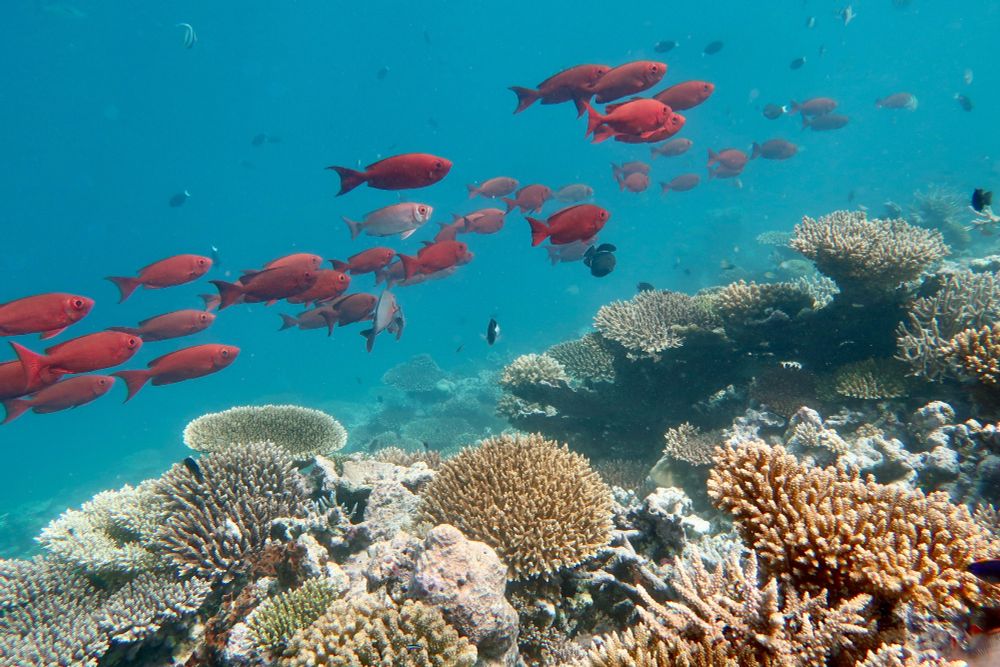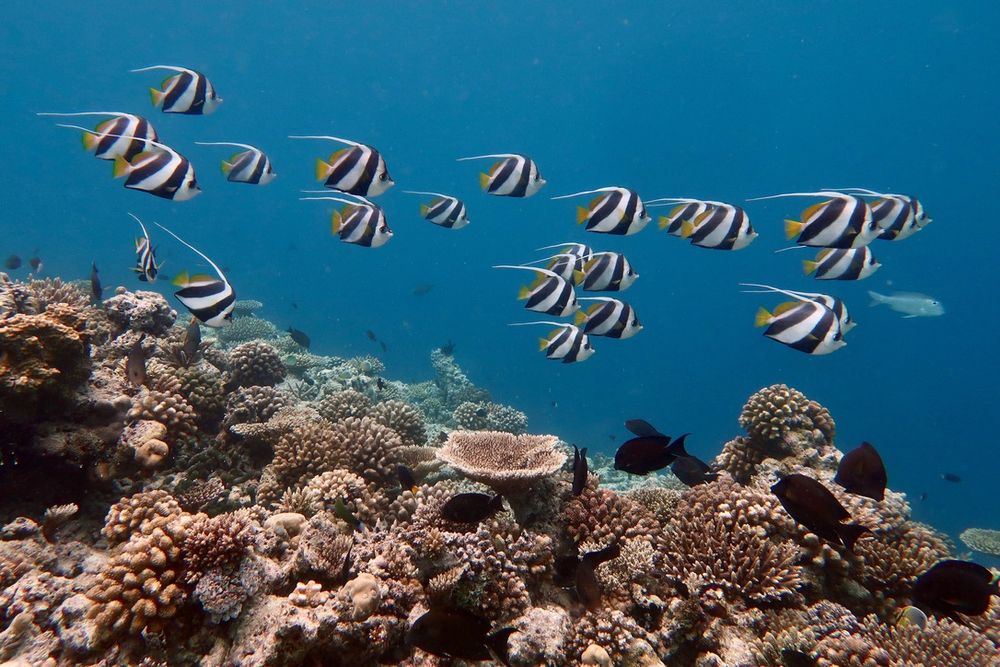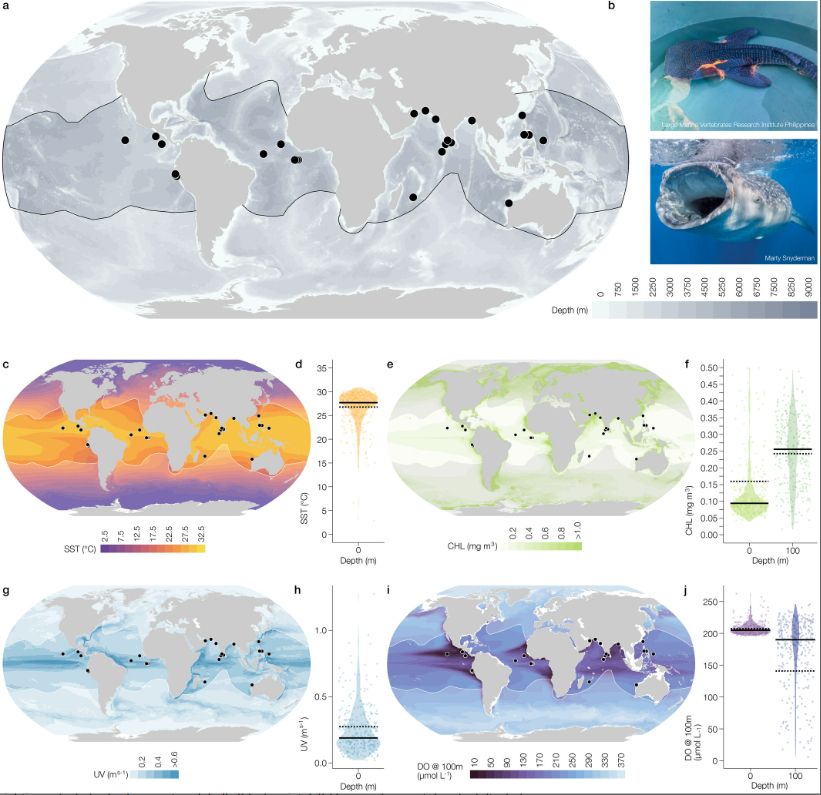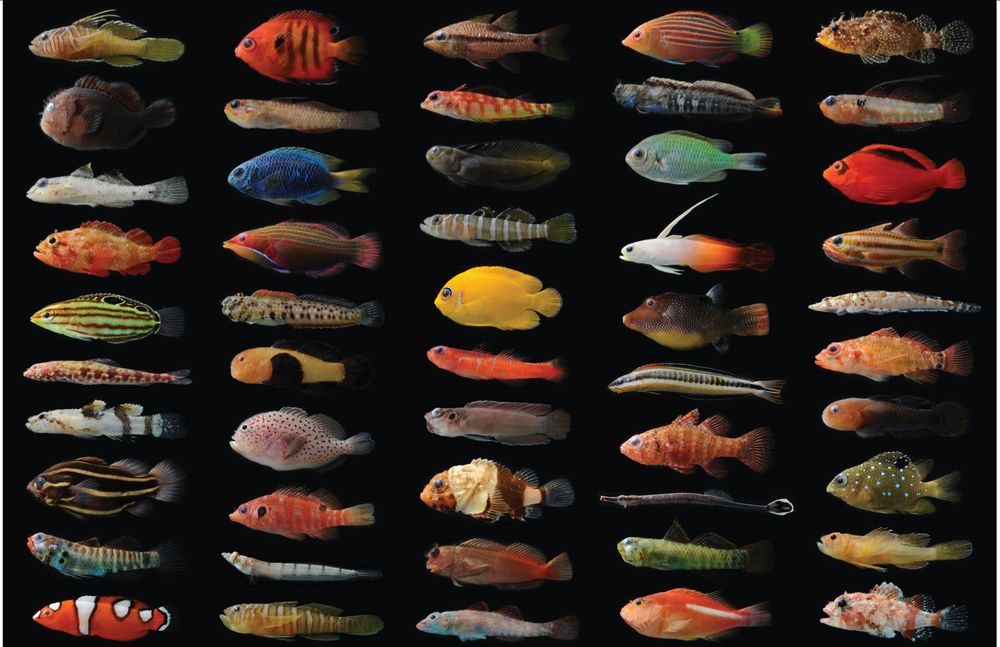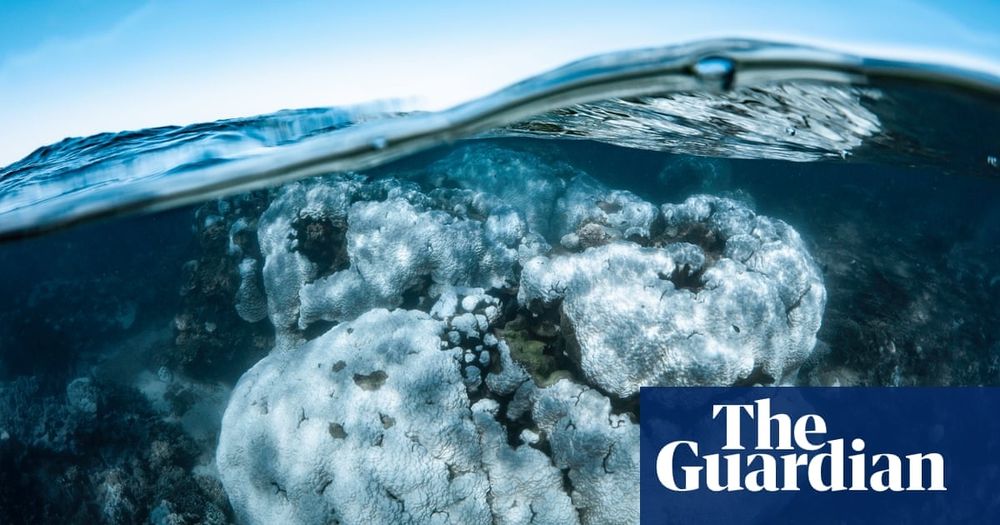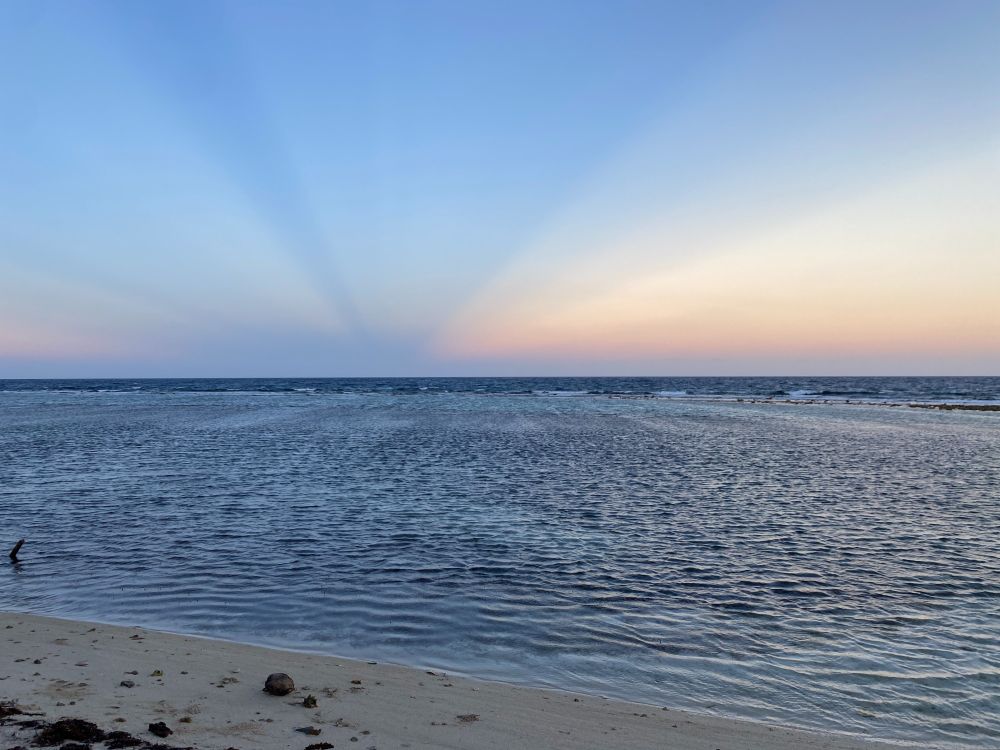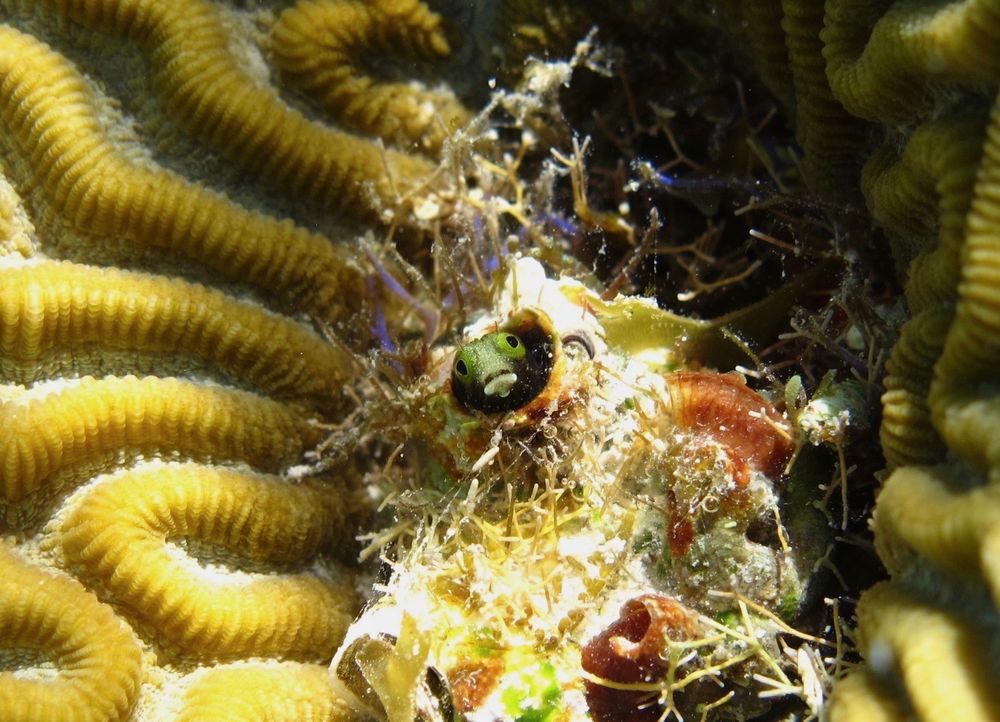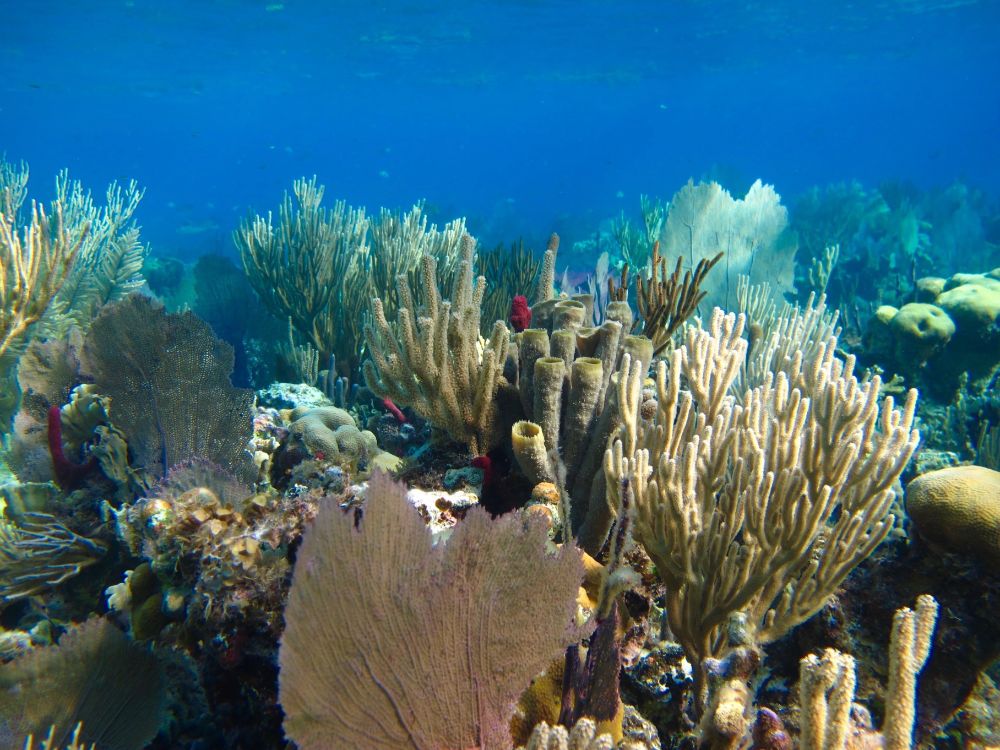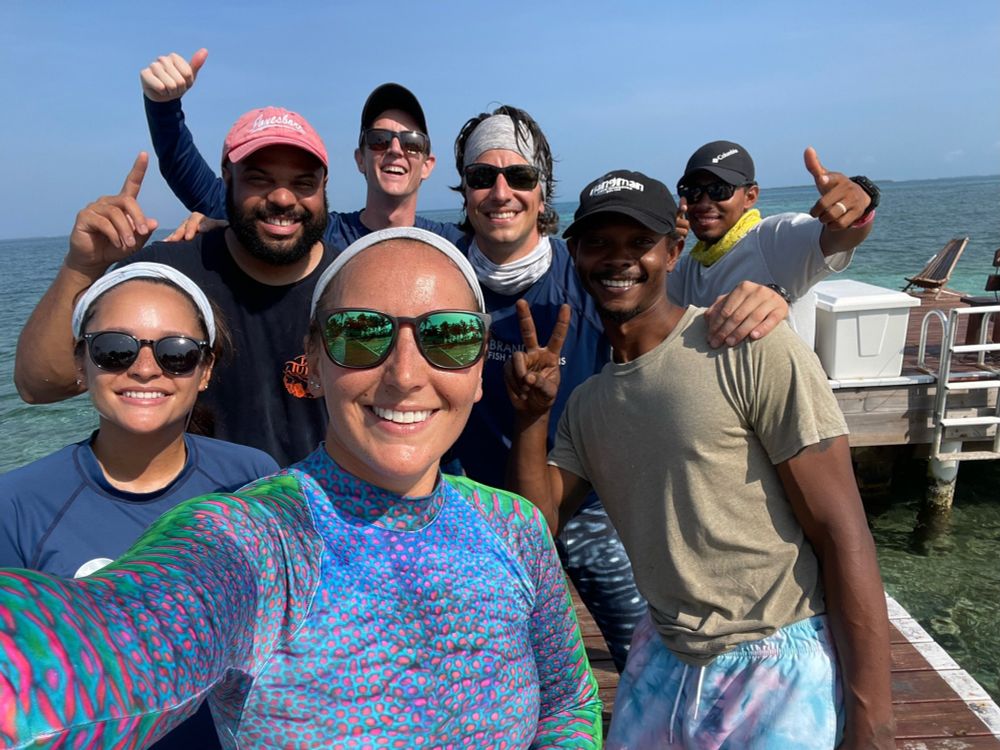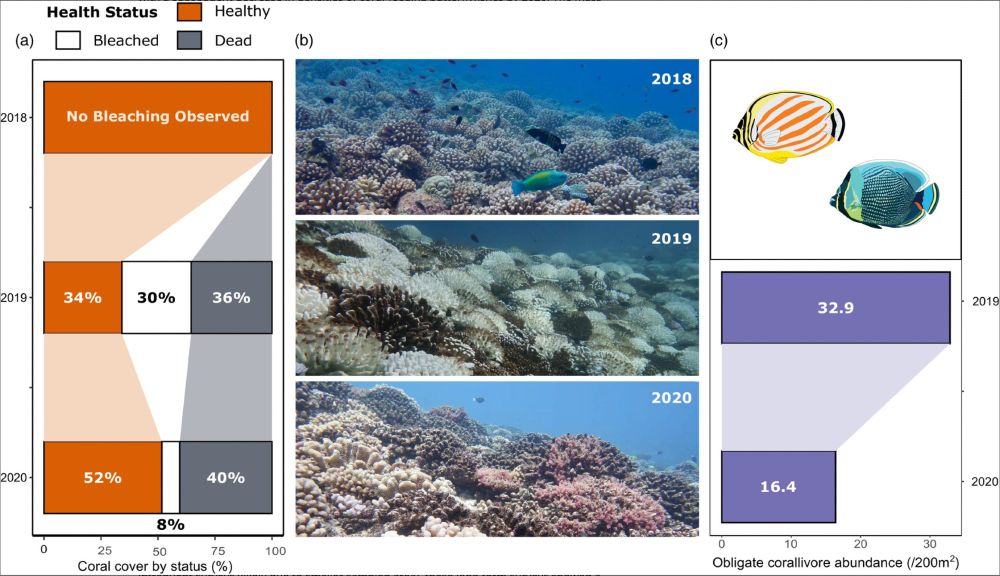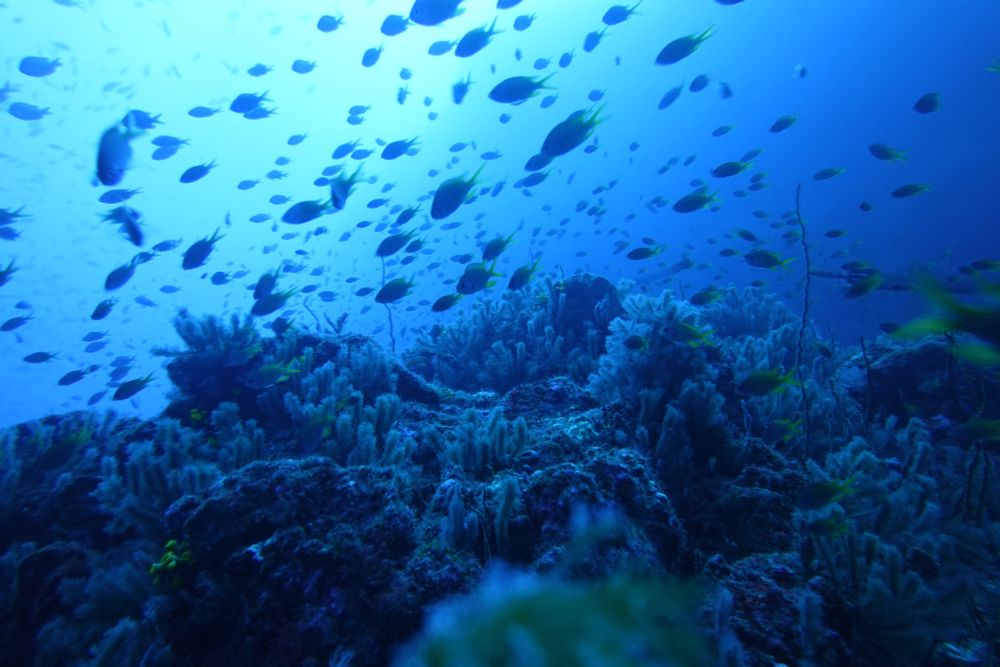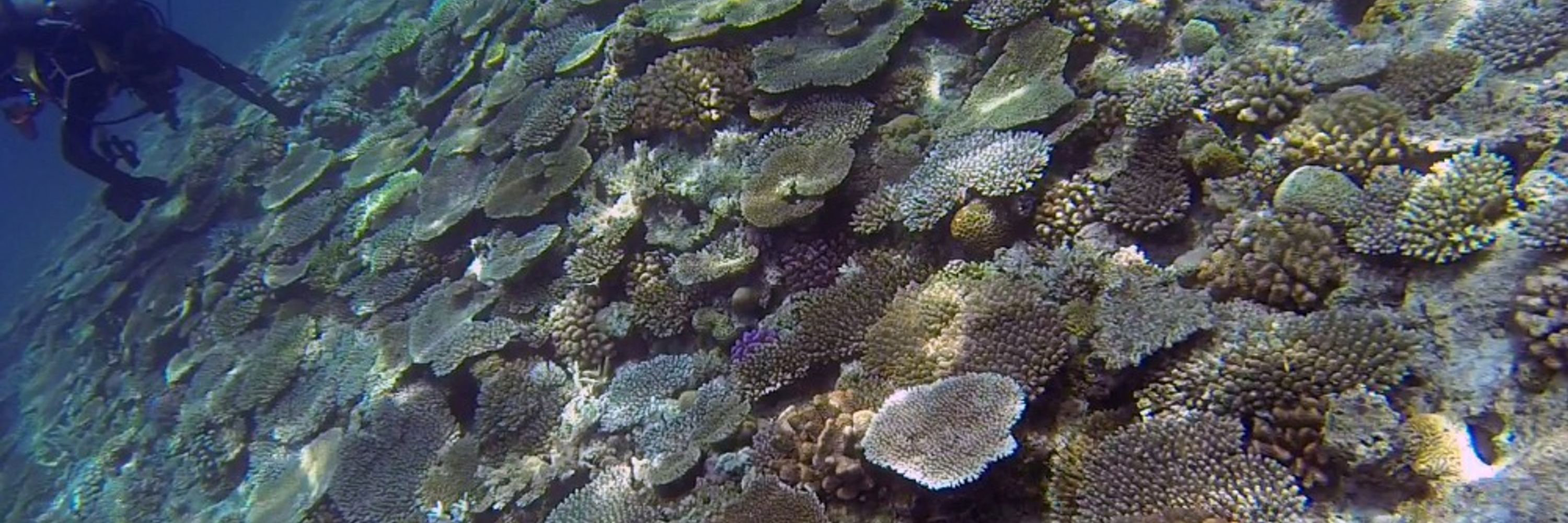
Ocean Ecol Lab
@oceanecol.bsky.social
4.2K followers
170 following
16 posts
Oceanographic processes and the ecological structure and function of marine communities in a changing world, research by Alex S.J. Wyatt
@HKUST and colleagues
https://www.oceanecol.com/
Posts
Media
Videos
Starter Packs
Reposted by Ocean Ecol Lab
Reposted by Ocean Ecol Lab
#NingalooReef "annual surveys of the northern section of the reef in May found up to 90 per cent of coral had been bleached down to 20 metres depth", the "lowest cover of live coral" observed since 2007
"up to 50 per cent of the examined coral was dead in May" but "more would be dead now"
"up to 50 per cent of the examined coral was dead in May" but "more would be dead now"
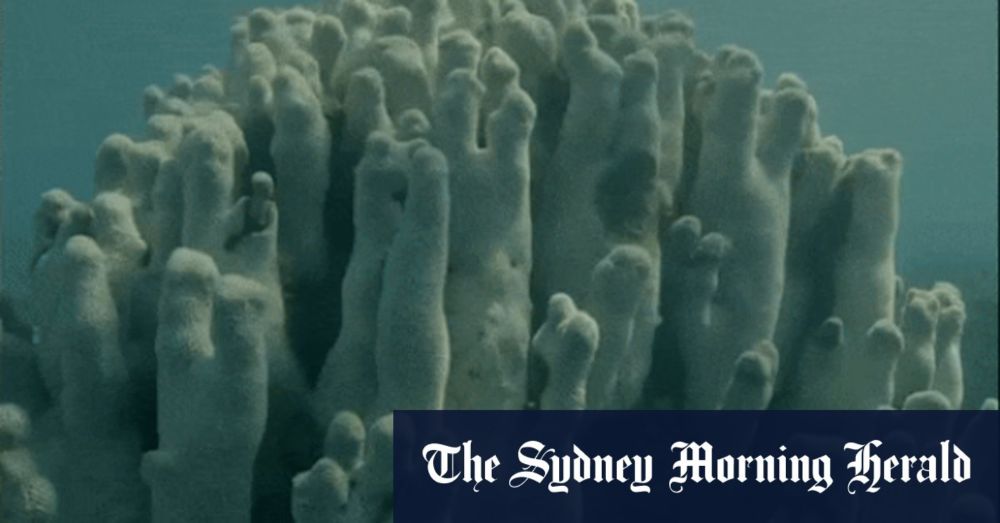
‘You realise your children are probably never going to see Ningaloo the way you saw it’
The west-coast reef has largely escaped the curse of coral bleaching that has blighted the Great Barrier Reef. This year, that’s changed.
www.smh.com.au
Reposted by Ocean Ecol Lab
Reposted by Ocean Ecol Lab
Reposted by Ocean Ecol Lab
Reposted by Ocean Ecol Lab
Reposted by Ocean Ecol Lab
Reposted by Ocean Ecol Lab
Thomas Frölicher
@froeltho.bsky.social
· Mar 12
Why have the sea surface temperature suddenly risen in 2023/24? 🌊
Is it true that climate models cannot simulate such SST jumps? What is common to such jumps? How will SSTs evolve over the next months and years? Are we in uncharted territory? More from our recent study in Nature is here👇
Is it true that climate models cannot simulate such SST jumps? What is common to such jumps? How will SSTs evolve over the next months and years? Are we in uncharted territory? More from our recent study in Nature is here👇
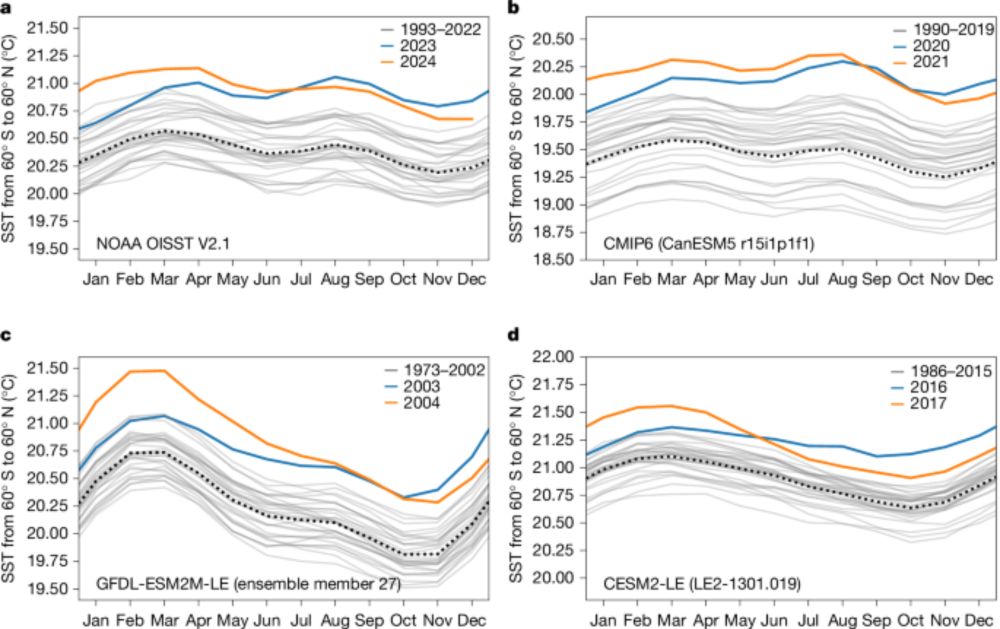
Record sea surface temperature jump in 2023–2024 unlikely but not unexpected - Nature
Observations and climate models suggest that the global sea surface temperature jump in 2023–2024 was not unexpected and would have been nearly impossible without anthropogenic warming.
www.nature.com
Ocean Ecol Lab
@oceanecol.bsky.social
· Mar 10

On the responsibilities of intellectuals and the rise of bullshit jobs in universities
You may never have considered yourself to be one. Why would you? But if you’re reading this, there is more than a likelihood that you are one. If you’re a
academic.oup.com
Reposted by Ocean Ecol Lab
Ocean Ecol Lab
@oceanecol.bsky.social
· Feb 8
Reposted by Ocean Ecol Lab
Reposted by Ocean Ecol Lab
Terry Hughes
@profterryhughes.bsky.social
· Jan 30
Reposted by Ocean Ecol Lab
Reposted by Ocean Ecol Lab
Mat Cobain
@cobainmat.bsky.social
· Jan 23

The power and pitfalls of amino acid carbon stable isotopes for tracing origin and use of basal resources in food webs
Natural and anthropogenic stressors alter the composition, biomass, and nutritional quality of primary producers and microorganisms, the basal organisms that synthesize the biomolecules essential for...
doi.org
Reposted by Ocean Ecol Lab
Reposted by Ocean Ecol Lab






